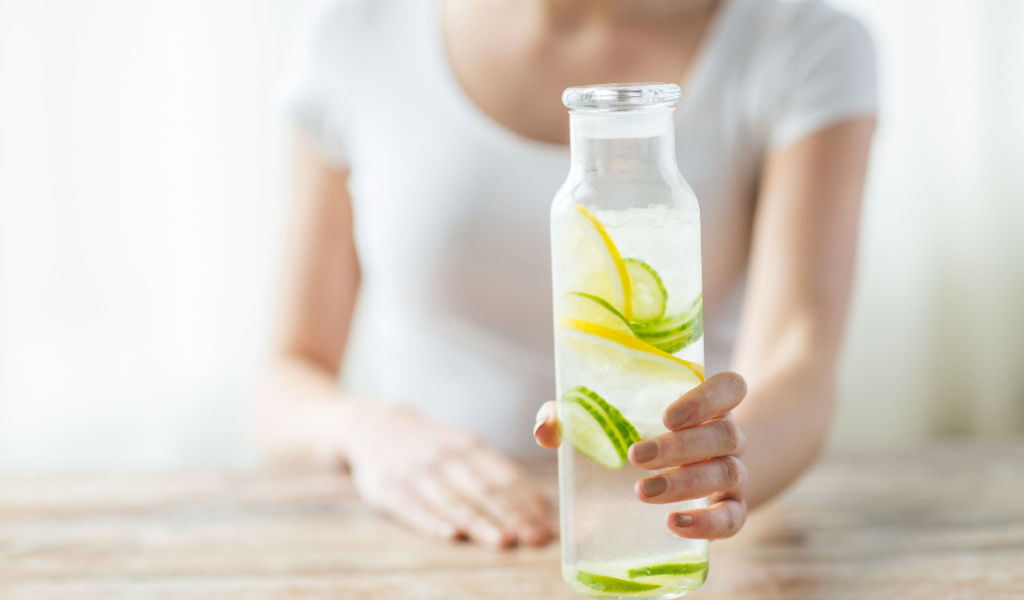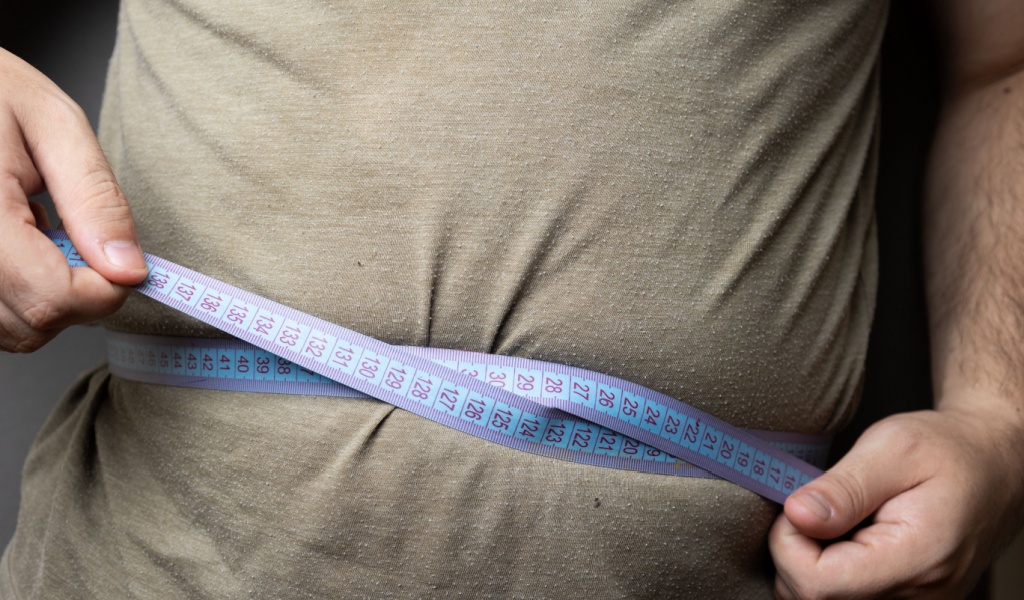Drinking adequate water is one of the most essential parts of anyone’s daily routine. We are all well aware of the importance that proper hydration plays in our health and well-being. This is even truer for those who are trying to lose weight. Water helps flush the toxins out of your body and keeps you feeling full, helping you avoid cravings and excess calorie consumption.
While all of this is true, there has always been a debate about whether drinking water can actually cause weight gain. Let’s look at what science has to say about this controversial argument.

The Science Behind Water in the Body
Without a shred of doubt, there’s no better drink than water to provide hydration for our bodies. Did you know that the composition of the human body is made up of approximately 60% water?
Water plays a crucial role in the proper function of several bodily functions, including digestion, kidney function, and even breathing. In fact, H2O is the basis of the blood that runs through our bodies!
Other ways that water benefits the body include:
- Lubricates joints
- Regulates body temperature
- Supports kidney function
- Aids bowel function and the proper removal of waste from the body
- It provides brain stimulation and spinal cord protection
- Assists the transportation of nutrients throughout the body
- Facilitates the movement of oxygen in the body
- Promotes healthy hair and skin
Does Water Make You Gain Weight & Why?
There is a common misbelief that drinking too much water can lead to weight gain due to water retention and weight gain. While this argument isn’t entirely false, assuming that water-aided weight gain is harmful is false.
To understand what we mean by this, you must understand how weight gain occurs. Simply put, weight gain occurs when there is an imbalance between calorie consumption and expenditure. Based on factors such as gender, height, and age, a person must eat a certain amount of calories daily to maintain their current weight. When you eat more than your body needs for energy, it will store the leftover calories as fat, increasing your body fat percentage and leading to weight gain over time.
Conversely, one must understand that water weight is different from fat weight. Plain water is devoid of the three nutrients that make up calories – carbs, fats, and protein – and is, therefore, 100% calorie-free. Your body’s water weight may fluctuate throughout the day, and this is called temporary weight gain.
Temporary weight gain may occur due to factors such as:
- Consuming high-sodium foods. Sodium-rich foods can cause the body to retain water.
- Hormonal changes. This is particularly impactful for women during the menstrual cycle as many of them experience temporary water weight gain in the days leading up to their period due to hormonal changes that can cause an imbalance of water in the body.
- Hydration levels. Weighing yourself after drinking water can cause you to register a temporary water weight gain.
- Inflammation or injury. Injury as a result of specific medical conditions can result in water retention. This is because the body responds to inflammation by releasing substances that result in fluid buildup in the tissues, causing temporary weight gain.
- Certain medications. These may include high blood pressure medication, corticosteroids, and nonsteroidal anti-inflammatory drugs (NSAIDs) that cause fluid retention, leading to temporary weight gain.
While temporary weight gain may cause the number on the scale to go up or down, it does not represent actual fat gain or loss. It’s important to keep in mind that temporary weight gain is just that – temporary. This is why most experts recommend weighing yourself first thing in the morning after relieving yourself.
Understanding the dissimilarity between water and fat weight can help you analyze the true impact of water weight and reinforce the importance of proper hydration in your weight loss journey.

The Role of H20 in Weight Loss
So, now that we know that water does not cause weight gain, it begs the question: can water help you lose weight? The answer is yes!
While water itself cannot directly result in weight loss, it is an invaluable tool that can assist in your weight loss journey. Proper hydration can aid in weight loss and promote overall health and well-being. Drinking enough water helps your body maintain a healthy metabolic rate, which helps convert food into energy efficiently. Water also promotes digestion and the absorption of nutrients, both of which are crucial when attempting to lose weight.
Remember, water does not have any calories. So, not only does drinking more water not contribute to true fat gain, but it can prevent fat gain by helping you control hunger and appetite. So, if you feel a craving, gulp down a glass of good old aqua instead!



